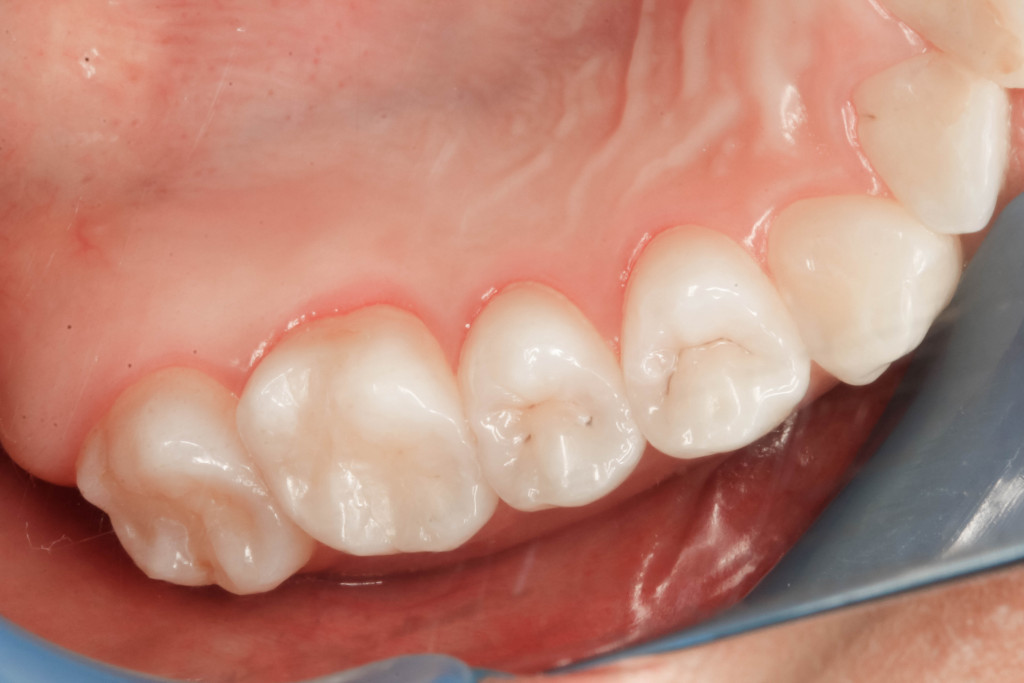If you are pregnant or know someone who is, it’s important to understand how pregnancy can affect your dental health. This article will provide valuable information about the relationship between pregnancy and common dental problems. Keep reading to learn more about what you can do to prevent or mitigate dental issues during your pregnancy.
Before we dive into the relationship between dental health and pregnancy, let’s begin by discussing some common dental issues that might affect pregnant women.
Tooth Decay
During pregnancy tooth decay is one of the most common problems during pregnancy, affecting about 60% to 90% of pregnant women. The high levels of progesterone in your body may promote tooth decay by reducing saliva flow and increasing plaque formation on teeth. As a result, it’s important to take extra care of your oral hygiene when you’re expecting a baby. You can prevent or mitigate tooth decay during pregnancy with proper oral hygiene practices:
- Avoid giving in to cravings for sugary or acidic foods. These foods are difficult to brush off after they’ve been exposed to your teeth for hours.
- Limit snacking between meals. Get into the habit of brushing your teeth after every meal, and avoid snacks altogether unless you’re okay with brushing your teeth before bedtime.
- Brush your teeth at least twice a day, after breakfast and before bedtime, using fluoride toothpaste. You can use an extra brush during the day if you need to clean off any remaining plaque buildup. Dental experts recommend using toothpaste containing 0.454% triclosan for best results
- Floss at least once each day (ideally after every meal). Remember that flossing helps remove food particles that are difficult to reach with regular brushing alone. Your dentist may recommend using a plastic floss threader to make it easier to clean your gums.
Cavities
Cavities are one of the most common dental problems for everyone, but especially for pregnant women. This is because changes in hormone levels during pregnancy can cause the body to experience higher levels of acidity than usual. This acidic environment can weaken tooth enamel, making it easier for bacteria to eat away at your teeth.
As mentioned above, many pregnant women can experience tooth decay, which creates a buildup of plaque, is then an ideal environment for bacteria to grow and damage the surface of your teeth. This then can create holes- or cavities- in the enamel.
Cavities are treated through either fillings or root canal surgery.
A few other issues that are influenced by pregnancy are gum disease, periodontal disease, and oral thrush. These problems are less common during pregnancy, but they still require medical attention. If you experience any of these symptoms while pregnant, please contact your dentist immediately for treatment recommendations.

Gum Disease
During pregnancy mum disease or gingivitis is the most commonly diagnosed dental problem during pregnancy. About 60-70% of pregnant women will experience this condition. While there’s no evidence to suggest that gum disease poses any real danger to both the mother and baby, it can complicate pregnancies in some cases.
Women who suffer from gum disease are more likely than other women to deliver low-weight babies, experience premature delivery, or require a cesarean section during childbirth. These problems can result in long hospital stays and increase the associated costs of caring for an infant.
Gum disease is generally treated through professional cleanings, which remove plaque buildup under your gum line. Your dentist will also prescribe antibiotics if an infection has developed within your gum tissue. In serious cases, teeth can be irreparably damaged, so your dentist will have to perform a teeth replacement procedure.
To prevent or mitigate gingivitis during pregnancy, make sure you are practicing proper oral hygiene habits. You should brush after every meal, limit snacking between meals, floss at least once each day (ideally after every meal), and visit your dentist regularly for checkups.
Periodontal Disease
Periodontal disease (or inflammation or infection of the gums and bone around the teeth,) affects some women during pregnancy.
If you are pregnant, make sure to avoid risky behaviors that can increase your chances of developing periodontal disease. These behaviors include:
- smoking
- drinking alcohol
- eating sugary foods
- engaging in “self-grinding” or bruxism at night.
Oral Thrush
Oral thrush is a common yeast infection that targets the mouth and gums. It’s most often seen in babies, children, and seniors who have a compromised immune system. However, it can also affect adults- especially those already managing other health problems or those taking medications that suppress their natural defenses against germs.
The incidence of oral thrush during pregnancy is relatively low (only about 1% to 3% of pregnant women will develop this condition). Although you won’t normally experience any symptoms during the early stages of this infection, your dentist may be able to feel a thick layer of white plaque on your gum line.
If left untreated, oral thrush can spread from your gums to your tongue and throat—becoming very painful and difficult to manage.
If you suspect that you have oral thrush, make an appointment with your dentist as soon as possible. He or she will prescribe a special mouthwash designed to kill off the yeast and help restore your gums back to health.
Pregnancy can affect your teeth and oral health in a number of ways. Be sure to brush and floss regularly, limit snacking between meals, and visit your dentist as often as possible throughout your pregnancy. You should also follow all instructions from your dentist during treatment. If you have any concerns about the safety of dental treatments during pregnancy, be sure to speak with your doctor prior to receiving treatment.

